Why Koreans are winning everything (hint: they’ve changed)
NewsTheKorea Times has a revealing interview with the Belgian film director Thierry Loreau, who has made two films in the past decade about the nation’s classical winners at piano and voice competitions.
He says the Koreans have taken on board western criticism of their apparent unemotionality and altered their teaching method.
“Europeans think Koreans are good technically but that nothing comes from their hearts. But that is not true,” Thierry Loreau said during a recent interview with The Korea Times via Zoom.
“For Koreans, classical music is like a novel.”
He said he’s noticed major changes in the time he’s been watching Korean classical performers, even in the time between making his 2012 documentary “Korean Music Mystery” and his 2020 film “K-Classics Generation.”
“There is suddenly a new emotion and feeling, compared to my first film,” he said. “The teachers really understand that young musicians have to show their feelings. It is much more original and inspiring. Korean musicians have so many emotions and the music expresses them. Maybe they have the experience of K-pop, and they bring something new.”
Read on here.
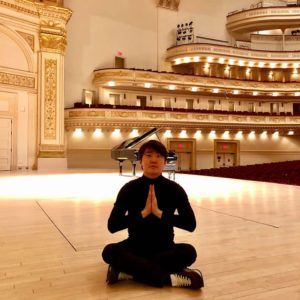
2015 Chopin winner Cho Seong-jin

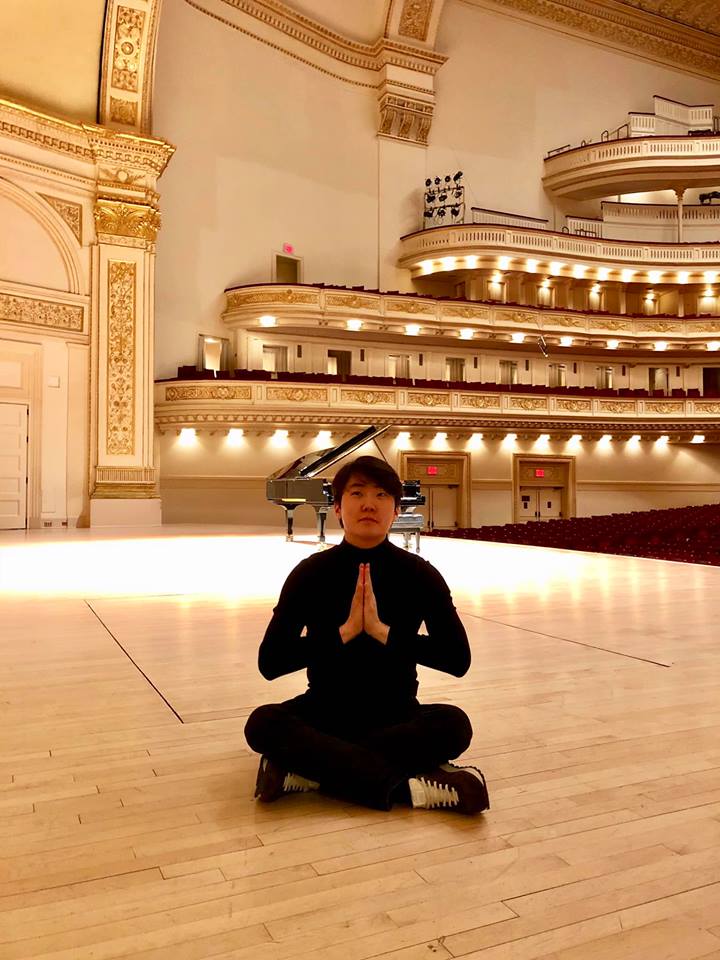
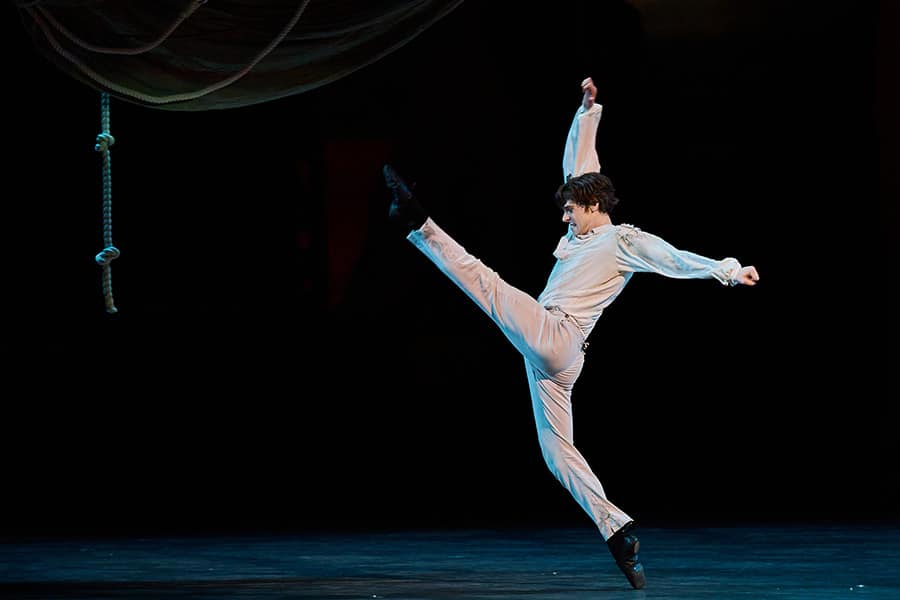

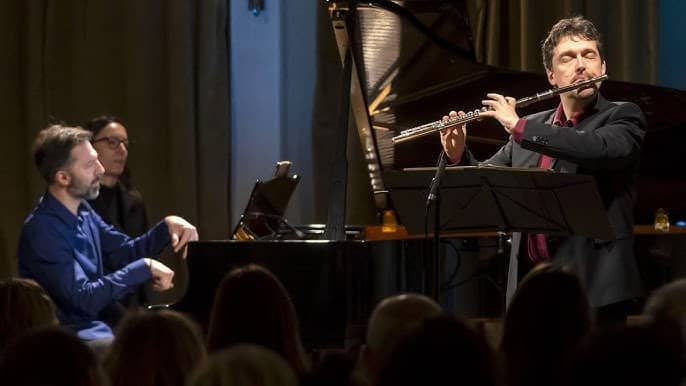
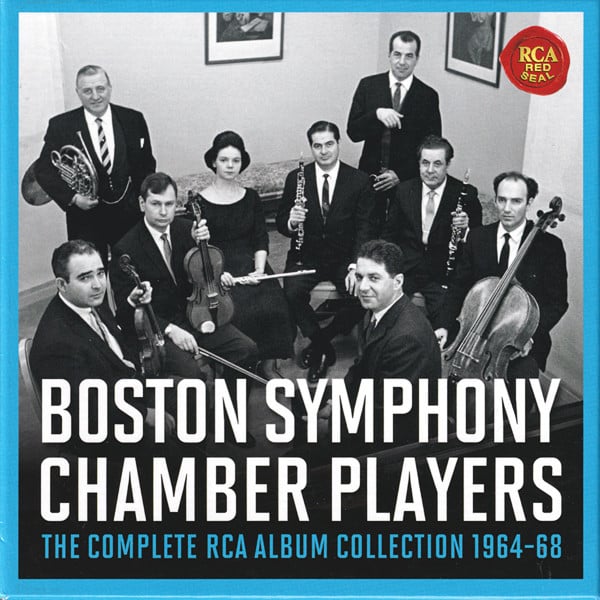
It would deeply stupd to don’t see nothing interisting in the way Cho Seong-jin, Chung Myung-whun and Yeol Eum Son play. Korea is for pianists what Finland and Italy are for the conductors.
“Europeans think Koreans are good technically but that nothing comes from their hearts.”
Do we now?
“For Koreans, classical music is like a novel.”
I’m sure he talked to all of them.
to be fair I have seen this sorta “criticism” used against asians for the longest time. a lot of people in Europe still think this way, not all of course.
“to be fair I have seen this sorta “criticism” used against asians for the longest time”
“Fair”? And to whom?
Is it “fair” to perpetuate stereotypes because they’ve been around for ages or maybe because “a lot of people” think a certain way?
PS: You defended the guy using these stereotypes, not the victims of it.
God help us if classical musicians in Korea are trained like their K-pop brethren, who are managed and preened by third parties down to the last millimeter of their androgynous bodies, thus utterly, completely interchangeable.
If that’s the new generation of K-pop-inspired “emotional” classical musicians, then you’ve only traded one generation of lego pieces for another generation of lego pieces, just of a different color.
Those who say Korean musicians lack “emotions” is missing the point, what they lack is “individuality”.
Like Kenyan runners, the succession of winners year after year is an indistinguishable blur.
You can’t name any of this year’s marathon winners, but if you guessed he or she was Kenyan, you’d likely be correct.
So it is with Korean competition winners.
You, whomever you are, clearly have racial issues you might want to discuss with your therapist. As for your sense of logic. . . there is no help.
M. Sam, the comments are inane. Kpop is a business and quite successful (in the billions). The Korean conservatories I’ve seen are marvelous and not an iota akin to Kpop.
Thank you Mr. Lebrecht- I appreciate your research and sharing articles very relevant to today-
Koreans are winning in direct proportion to the importance of classical music sales and CD sales (an obsolete relic from the 20th century) in the cöassical music micro-niche industry.
Prove me wrong…
Was that a racial slur I detected in your respelling of classical?
“the experience of K-Pop”. Yes! Artistic boundaries should be permeable. For instance, BTS’s hit ‘Blood, Sweat and Tears’, in the music video version, references European renaissance art, J.S. Bach (Kyrie from B minor mass), Buxtehude (D maj. passacaglia), and the Bildungsroman Demian by Hermann Hesse. Just saying. https://www.youtube.com/watch?v=hmE9f-TEutc
D minor passacaglia, BuxWV161. Sorry.
Nothing has changed with the Koreans. It is the “Europeans” who became more tolerant to Asians because of the sheer number of good musicians is now too much to suppress. Myung-Whun Chung and Seong-Jin Cho were born 41 years apart. Nothing changed. It was good back then, it is good now.
The star young Korean artists are largely trained in the west. Has there ever been an Asian classical artist without western training?
They evidently didn’t interview Pinky Z in this documentary.
I am not interested in a Belgian film directors opinion of Korean classical artists. Even his patronizing generalizing that “this is no longer the case” is a useless point of view.
Separately, any critics who want to start a sentence with “Asian artists are…” needs to listen blind to a stack of recordings of pianists from across the planet and pick out the Asian ones. Then you can talk to me about your generalizations.